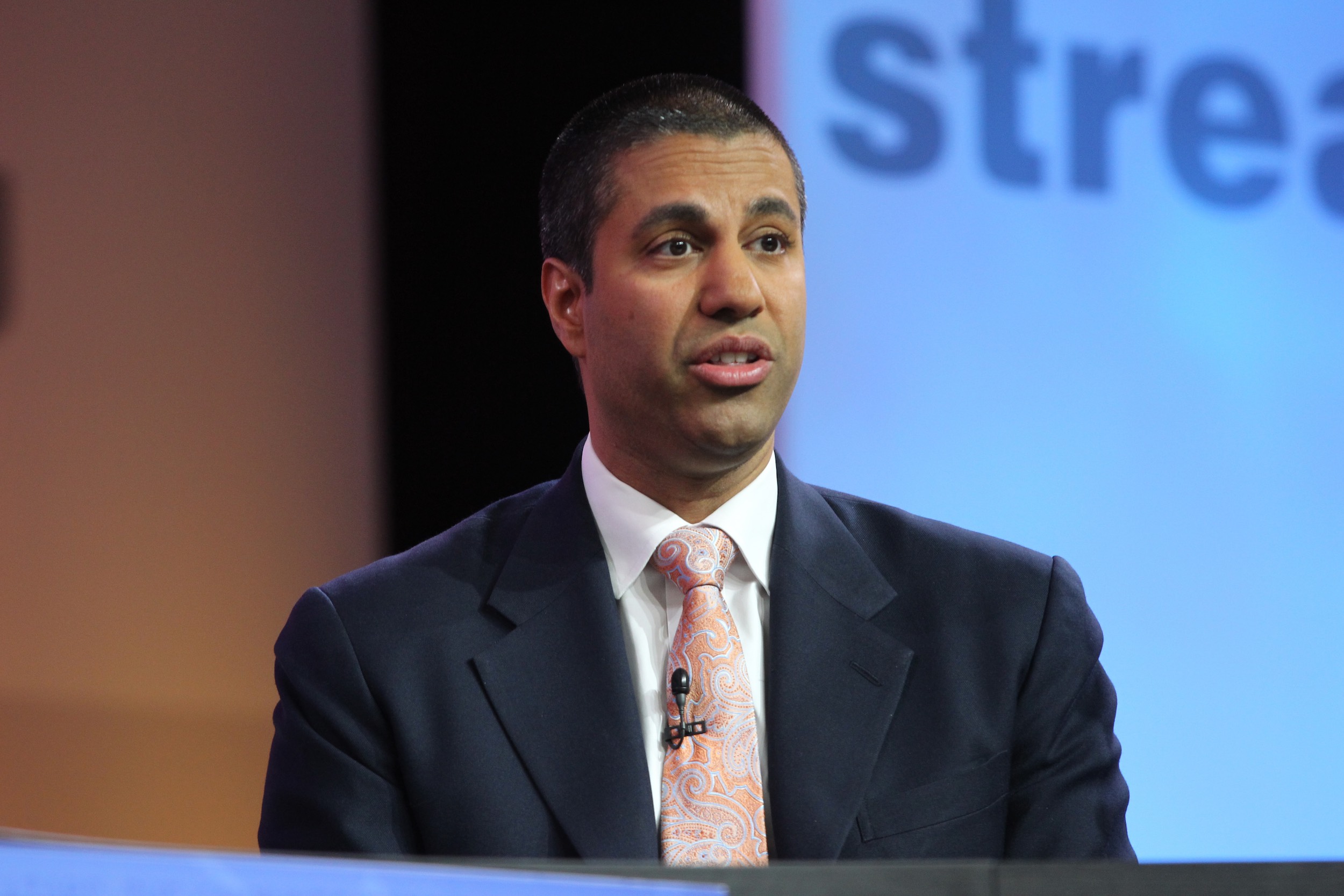FCC Pressed to Define Indecency

The smarter way to stay on top of broadcasting and cable industry. Sign up below
You are now subscribed
Your newsletter sign-up was successful
WHY THIS MATTERS: Noncommercial stations are still waiting for the FCC to clarify how it will enforce indecency rules.
Noncommercial stations want the FCC to resolve the years-long review of its indecency rule enforcement policy, preferably by clarifying that TV and radio stations are in the best position to program to their viewers’ tastes.
That comes in comments amid the FCC’s ongoing efforts to modernize media regulation filed by PBS, National Public Radio, the Corporation for Public Broadcasting and America’s Public Television Stations.
FCC rules prohibit indecent content on broadcasting between 6 a.m. and 10 p.m. and obscene content at any time of day, but broadcasters have shown historic restraint outside that regulatory window.
Something that often gets missed in the debates over broadcasters and content is that, theoretically they could air full frontal nudity and swearing that would make a sailor blush between 10 p.m. and 6 a.m., but don’t because they have concluded that is not what their audiences want.
As for the occasional swear word or naughty bits that might inadvertently slip into the picture, the vast majority of audience at any age have seen worse on the increasingly ubiquitous and unregulated internet.
Return to ‘Good Faith’
The smarter way to stay on top of broadcasting and cable industry. Sign up below
The noncom groups said they don’t oppose the restrictions on indecent content, per se, but do want the FCC to return to the pre-2004 enforcement regime of “generally deferring to broadcasters’ reasonable good faith editorial judgment in these matters.”
The post-2004 regime included numerous fines and advisories, with examples, on what was indecent in the FCC’s view.
In his first TV interview as chairman back in February 2017, FCC chairman Ajit Pai said that if the agency is presented with an indecency complaint, “we are duty bound to enforce the law and the law that is on the books today requires that broadcasters keep it clean, so to speak.”
The FCC gets complaints about the occasional “F-bomb;” there was that 2017 Stephen Colbert “pricktator” comment about President Donald Trump that drew the FCC’s attention; and the Parents Television Council periodically complains about network programs, particularly from Fox.
The most recent high-profile FCC action was the TV station-record $325,000 forfeiture against CBS affiliate WDBJ in Roanoke, Va., for a brief video clip, albeit of a sexual organ, which the station said was inadvertently included in a news story about a former adult film star working for the rescue squad.
In illustrating the story the station used footage from an adult website and, due to “equipment limitations,” nobody in the editing room saw the small, erect sexual organ at the extreme margin of the screen, which made it onto an image promoting the story for the 6 p.m. news.
Since then, it has been fairly quiet on the indecency front after a flurry of activity in the early part of the century. In fact, in 2016, the Parents Television Council, never shy about filing indecency complaints before or since, noted that it had gone a year without finding any broadcast content it considered indecent.
Super Bowl Fallout, Still
That flurry was prompted by the 2004 Janet Jackson-Justin Timberlake Super Bowl halftime show “wardrobe malfunction” that prompted Congress to march then-FCC chairman Michael Powell to Capitol Hill to demand action. That came in the form of proposed fines, findings and advisories on what might be actionable, much of it under the succeeding chairman, Kevin Martin.
The noncoms now want the FCC to revisit what constitutes indecency under the prohibition, how complaints should be acted on and reviewed and what sanctions are appropriate for violations, particularly those “circumstances” that arise on a noncommercial station.
The FCC in the post-Super Bowl reveal frenzy signaled in one example that, say, swearing in a noncommercial documentary about blues musicians — specifically Martin Scorsese Presents the Blues on PBS — could run afoul of the rules because of profanity. Scorsese told the FCC at the time that profanity was integral to the language of his TV documentary and that to censor it would “strip the documentary of its essential authenticity and historical accuracy.” PBS agreed.
Specifically, the noncoms now want the FCC to: 1) “provide greater transparency and predictability for stations, program producers, and distributors; and 2) “empower FCC staff to more quickly address complaints, including by disposing of meritless complaints that can negatively impact stations by remaining unresolved for extended periods of time.”
Contributing editor John Eggerton has been an editor and/or writer on media regulation, legislation and policy for over four decades, including covering the FCC, FTC, Congress, the major media trade associations, and the federal courts. In addition to Multichannel News and Broadcasting + Cable, his work has appeared in Radio World, TV Technology, TV Fax, This Week in Consumer Electronics, Variety and the Encyclopedia Britannica.

